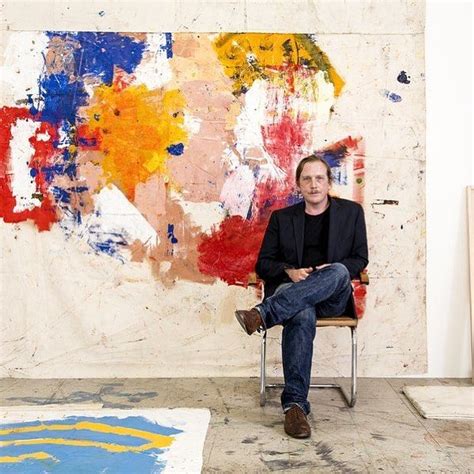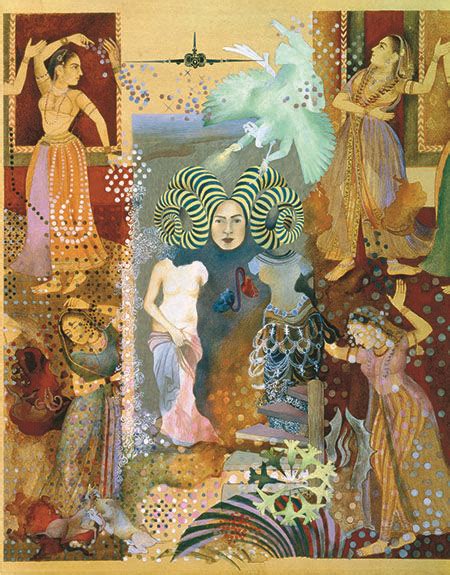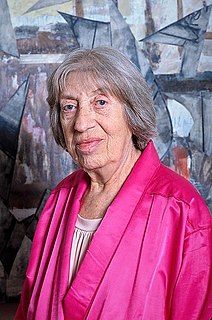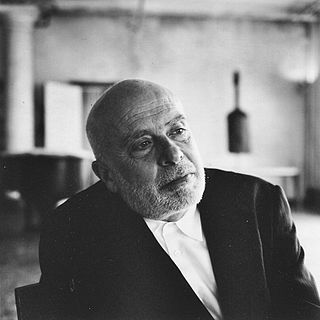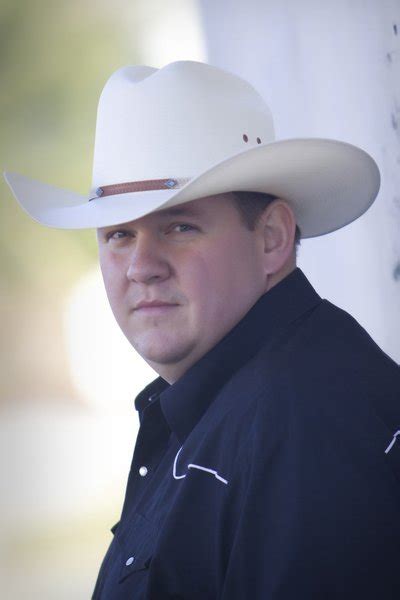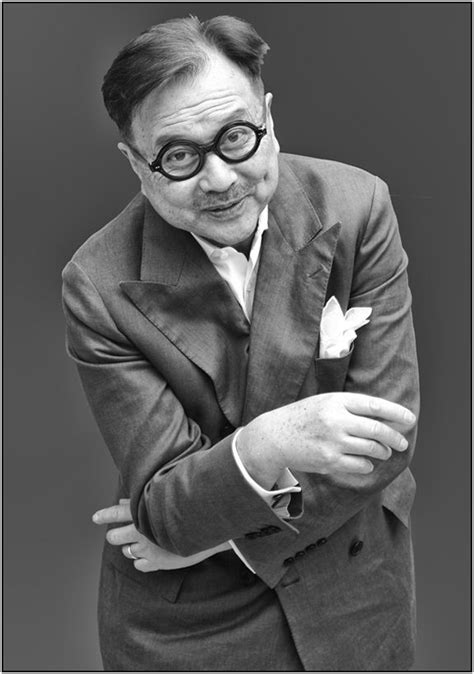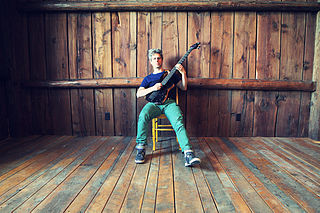A Quote by Kehinde Wiley
My studio practice is a - I suppose a bit more like [Thomas] Gainsborough or [Peter Paul] Rubens in the sense that any artist who wants to create a grand narrative on a grand scale has to sort of parse out some of the smaller aspects of painting or the more mundane aspects of painting to others.
Related Quotes
I think, at the L.A. County Museum of Art, I saw my first example of Kerry James Marshall, who had a very sort of heroic, oversized painting of black men in a barbershop. But it was painted on the same level and with the same urgency that you would see in a grand-scale [Anthony] van Dyck or [Diego] Velazquez. The composition was classically informed; the painting technique was masterful. And it was something that really inspired me because, you know, these were images of young, black men in painting on the museum walls of one of the more sanctified and sacred institutions in Los Angeles.
While it may seem a little mundane, the material realities of realizing the painting actually have a lot to do with how you should read the painting. For example, we assume that what the model is wearing is what we found him in in the streets. No; in fact, a lot of what happens is that in Photoshop certain aspects are being heightened or diminished. There is no actual material truth in these paintings.
Being here by the ocean in Malibu. Living in this beautiful house that we built, that took so long to build. Being in my art studio, painting. Packing my bags tomorrow to go home to Kauai where we have a house. Which all sounds very grand, and I suppose it is, in some respects, but nothing comes from nothing. It all comes from hard work.
Why was the painting made? What ideas of the artist can we sense? Can the personality and sensitivity of the artist be felt when studying the work? What is the artist telling us about his or her feelings about the subject? What response do I get from the message of the artist? Do I know the artist better because of the painting?
Sometimes you look at a painting and certain parts are so beautiful. You say, "Wow, this is fantastic," but 10 minutes later you most likely have to kill it. Every painting wants to live. You want to build and bring this type of painting to the climax. When it's at the highest point, you want more. And then if you want more, you might destroy it. So you take a chance.

